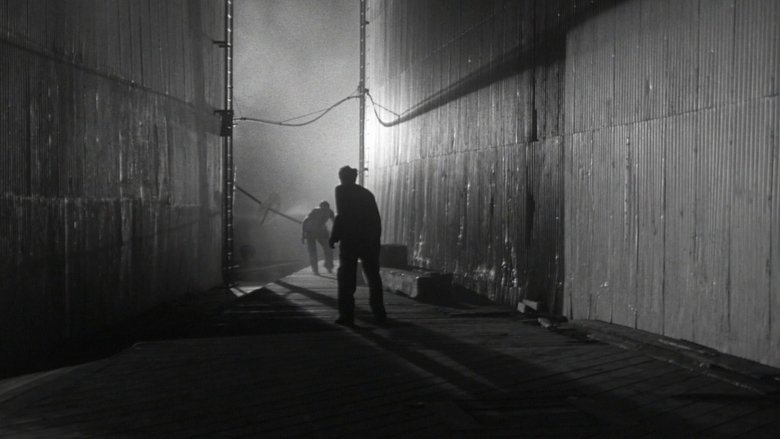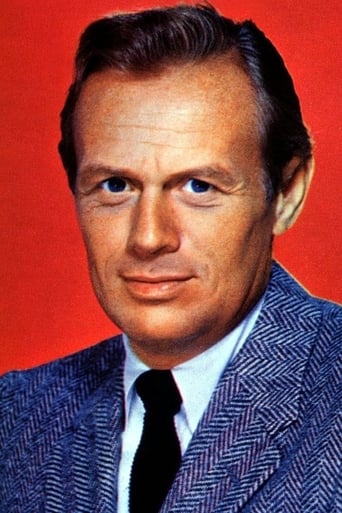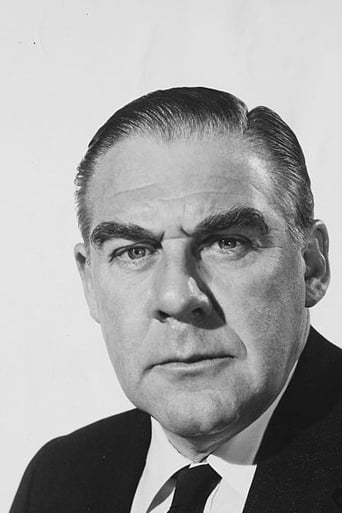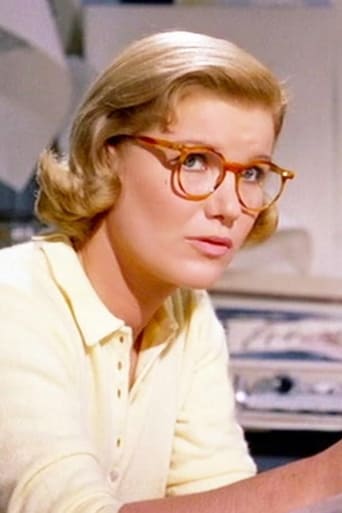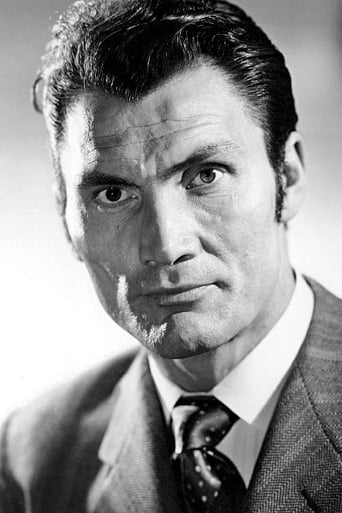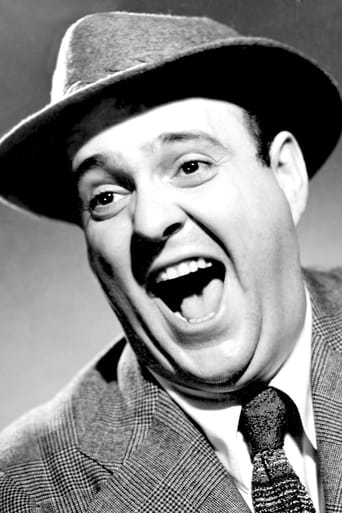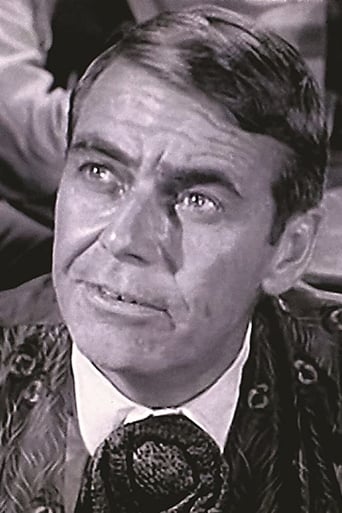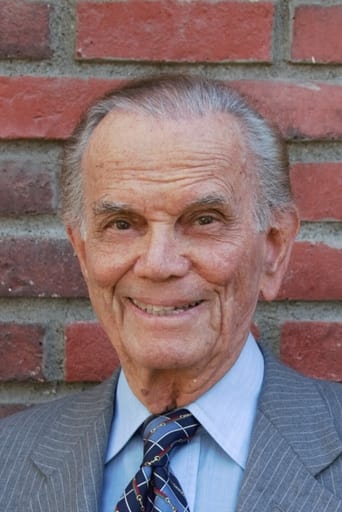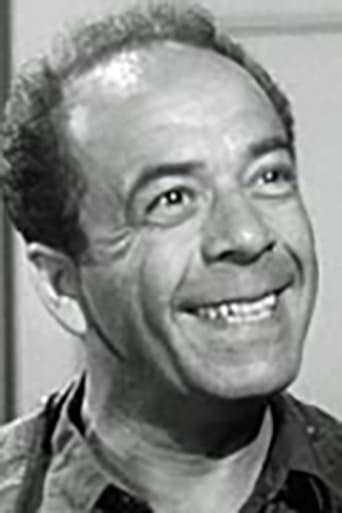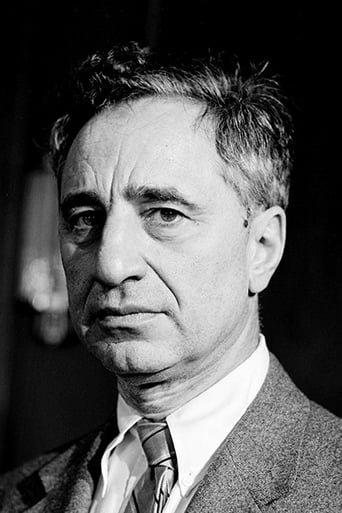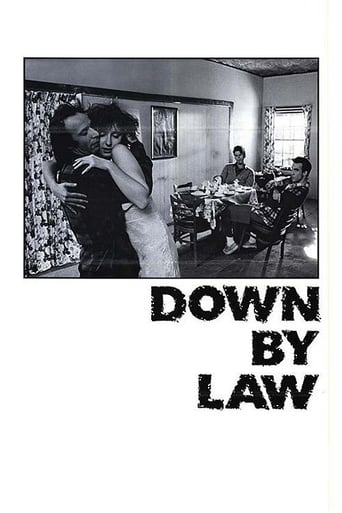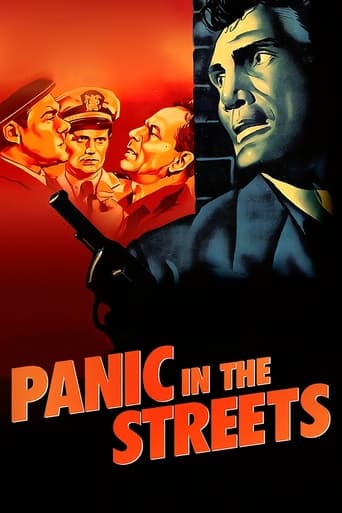
Panic in the Streets
August. 04,1950 NRA medical examiner discovers that an innocent shooting victim in a robbery died of bubonic plague. With only 48 hours to find the killer, who is now a ticking time bomb threatening the entire city, a grisly manhunt through the seamy underworld of the New Orleans Waterfront is underway.
Similar titles



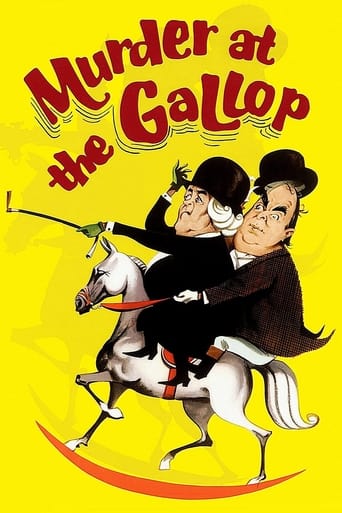

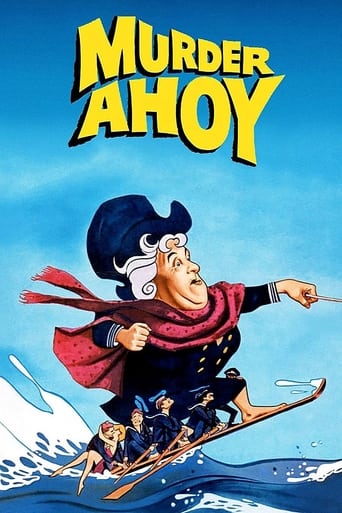
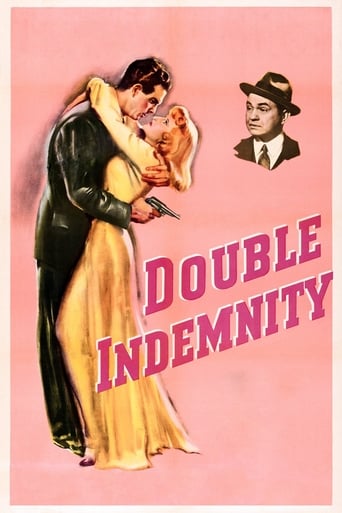
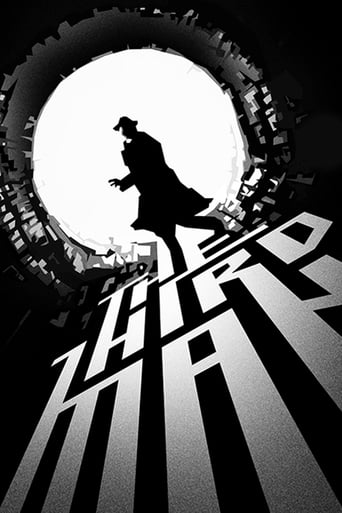
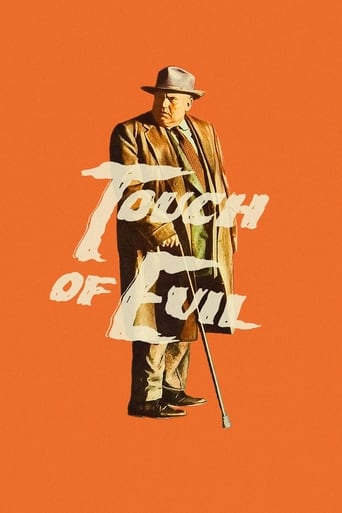
Reviews
It is a performances centric movie
Did you people see the same film I saw?
Absolutely Brilliant!
Just intense enough to provide a much-needed diversion, just lightweight enough to make you forget about it soon after it’s over. It’s not exactly “good,” per se, but it does what it sets out to do in terms of putting us on edge, which makes it … successful?
Director Elia Kazan really enjoyed directing the superb thriller, Panic in the Streets (1950) - "It's the first film I regard as really mine. Richard Murphy and I worked on the script every morning and re-wrote every scene to take advantage of the terrific color and photographic richness of New Orleans".But as with "Boomerang", Kazan told me that he was still unhappy with the camerawork: "Visually, it could have been much stronger." However, unlike his comments on many of the players in "Boomerang", Kazan had nothing but praise for his cast in Panic in the Streets: "Dick Widmark was a good friend of mine. I had directed him on the stage. He was typecast as vicious killers at this stage of his movie career, but I changed all that. He played a nice person in Panic, and he was like that in real life. "Then I cast Barbara Bel Geddes. Jack Palance I knew when he was Brando's understudy for A Streetcar Named Desire. This was his first film. I also cast Zero Mostel who had made only one movie before - way back in 1943."
PANIC IN THE STREETS is the sort of film that could do with a modern-day remake, because the story is so fantastic and would work in any period. It tells of a dedicated detective who's hot on the trail of a criminal gang who, unbeknownst to themselves, are infected with the deadly bubonic plague virus. The detective must juggle the media - he doesn't want the story to come out due to the panic it'll cause - alongside his frightened wife and pursuit of the gang if he wants to prevent an epidemic.The only thing that works against this film is the obviously low budget, which means it lacks the finesse of, say, a Fritz Lang thriller from the period. It still does the job and ably so, with few slow spots and plenty of interest in the narrative. Richard Widmark proves a workable hero here, but he's outshone by the actors playing the criminal gang. The likes of Zero Mostel are good, but it's Jack Palance (in his debut role) who REALLY shines as the hostile gang leader. Palance is frightening, really frightening, one of those true movie psychos.PANIC IN THE STREETS incorporates plenty of suspense and even a little action into its storyline, particularly as we head towards the climax and the stakes are raised. There's a great, blackly comic set-piece involving the movement of a bedridden guy down a fire escape, plus an all-out chase at the climax which works really well. All in all this is a film noir that's well worth tracking down.
Intense, gripping drama / thriller from director Elia Kazan, set in New Orleans. A gang of lowlife criminals murder one of their own, not knowing the man was carrying pneumonic plague. A stubborn public health doctor, Clinton Reed (the excellent Richard Widmark, playing a somewhat flawed yet still likable hero) figures things out and does his damnedest to try to prevent the disease from spreading, with the sometimes reluctant help of police captain Tom Warren (Paul Douglas). The movie does have an appropriate amount of atmosphere in some of its scenes, particularly in the opening, but for the most part actually takes place in the day time, and truthfully isn't in a typical film noir type of mode. Kazan, however, would strive for realism at all times, casting many locals to basically play themselves. He does allow the pace to slow at times, giving Widmark and Barbara Bel Geddes a crucial character driven scene that both lets the actors show off their chops and effectively humanize their characters. But the story does have a fine forward momentum nevertheless, leading to a climactic chase scene. Concocted by Edward and Edna Anhalt (adapted by Daniel Fuchs, and scripted by Richard Murphy), who won an Oscar for it, it serves as a potent forerunner of more recent movies such as "Outbreak" (In fact, the working title of this movie *was* "Outbreak"!). It gets a lot of effectiveness from its often antagonistic interplay between its actors, especially leads Widmark and Douglas, as well as the pivotal casting of soon-to-be legend (Walter) Jack Palance, in his first major screen role; he makes for a wonderful heavy (naturally), with an amazing physical presence and that instantly recognizable visage. Zero Mostel is quite a hoot as his more nebbish-y accomplice; other performers such as Lewis Charles (as the doomed man at the beginning), Emile Meyer as the hostile Nile Queen captain (with him, Palance, and Douglas on hand, "Panic in the Streets" doesn't lack for real tough guys in its cast), and Guy Thomajan as the flunky Poldi also do quite well; Tommy Rettig of 'Lassie' fame plays Reed's son and director Kazan can be seen as Cleaver, the mortuary assistant. Overall, a highly enjoyable and stylish movie, with Kazan going more for long shots than close ups, that entertains sharply from beginning to end. Eight out of 10.
So far nobody has mentioned the great cinematography by Joseph MacDonald. MacDonald was nominated for 3 Oscars in his 27 year career, but unfortunately never won one. This is sad because nearly all the scenes and shots in all his films, which include "Mirage" "Call Northside 777" and "The Sand Pebbles," are beautifully lit and composed. Yet, they are not flashy and do not dominate the action, so you concentrate on the characters and the story. Here, especially, lighting these scenes on location at night must have been hell with the slow film speeds of the film stocks of that period. yet the results are as deep focus and crisp as anything that Greg Toland did on a comfortable sound stage in Hollywood. Ironically, the film did receive an Oscar for the writing. Much of the script appears to have been improvised and the story itself is pretty silly and absurdly done. Richard Widmark is a doctor trying to prevent a panic, but everywhere he goes, city hall, the police station, a union hiring hall, a ship, he unwittingly causes a panic. Psycho-Killer Jack Palance may kill you, but he's an easy touch for money. When a beautiful prostitute asks him for $100 (the equivalent of $1000, today), he doesn't hesitate. When a short newspaper seller gives him some information, he insists on giving money to him, although, he doesn't want it. When a doctor tells him that the man he is trying to kill is sick and needs an expensive sanitarium, Palance quickly offers the money. He may be a killer, but he sure is generous.This was the fifth starring roles for Barbara Bel Geddes and Richard Widmark who both started starring in films in 1947, four years before. Widmark would star in some 50 more movies over the next 40 years. Bel Geddes also would work 40 more years, but only starred in five more films. She did have a great success starring in the hit television series "Dallas" from 1978-1990. They are well cast, as are Zero Mostel as a funny, bad guy henchman, and Paul Douglas as a tired and tough Police Detective.This movie has scenes that look forward to "On the Waterfront" (seagulls on the dock) and "Streetcar Named Desire." (the card game). Yet it lacks the dramatic power of those two films. I suggest that this is because the detective story is quite botched. If it was not for a serendipitous perceptive nurse. Widmark and Douglas would still be looking for the plague victim.Kazan doesn't seem to mind his characters changing their minds and contradicting themselves between scenes and sometimes within scenes. The unit of intensity for Kazan is the scene and each scene has intensity whether it fits in with the rest of the scenes in a sequence or not. We may suspect that this style comes about because he had raised such high expectations with his previous films. Yet these films were now under suspicion for their opening liberal ideology. While being democratic and giving the people of New Orleans a chance to be themselves in many scenes, Kazan balances their coolness with melodramatic theatricality on the part of the professional actors. Kazan is still with the ordinary masses but his actors are now clashing openly with the ordinary masses. Kazan is starting to distrust the masses.One senses that HUAC was rising in the background and Kazan as a former communist must have felt himself in the cross-hairs. There is a sense of panic underneath this film. The week that the film opened June 12, 1950, John Howard Lawson and Douglas Trumbo of the Hollywood Ten began serving their prison sentences. Kazan must have known that he would soon face a choice between his career and his politics. Like the Richard Widmark character, he knows better than the masses and doesn't trust them. We may suggest a reading of the film, wherein The plague Kazan is talking about is communism and Kazan himself is the sick immigrant who carried it to America from Europe. The inconsistencies of the characters reflect his own inconsistencies.
Top Streaming Movies











